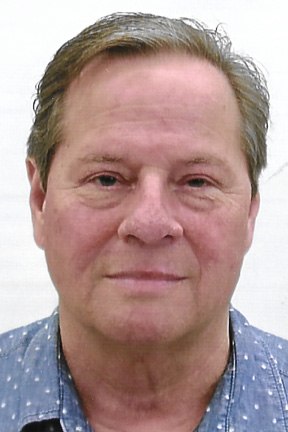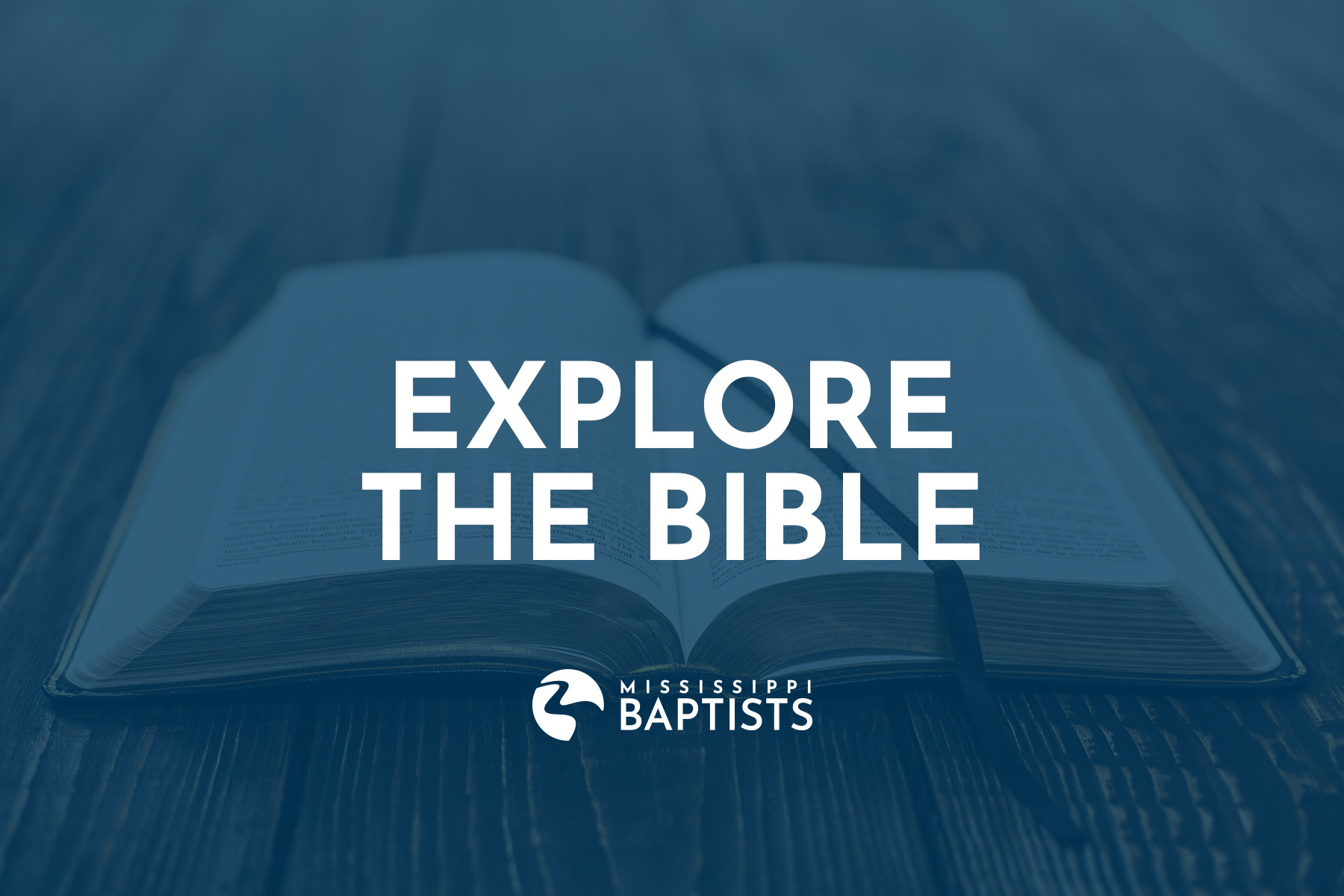Undivided Worship • Deuteronomy 12:1-11, 29-32
By Ralph Henson

In Deuteronomy we see a new concept concerning worshipping God. Noah, Abraham, Isaac, and even Moses worshipped God anywhere and everywhere, and were blessed because of it. God even provided a ram for sacrifice for Abraham instead of Isaac, a strong indication of His approval of worship (Genesis 22:12-14), and spoke to Moses from a burning bush in the wilderness (Exodus 3). God used their presence to spread His presence.
But here, with the danger of an increasing wicked influence from the pagan religions of the land, and knowing the tendency of humans to stray away from holiness and towards sin (Genesis 6:1-8), God placed a new restriction on worship. While the people could pray to God and worship Him anywhere in the promised land, now sacrifices could be made only at the place God chose to put His name. Then there shall be a place which the Lord your God shall choose to cause his name to dwell there; thither shall ye bring all that I command you; your burnt offerings, and your sacrifices, your tithes, and the heave offering of your hand, and all your choice vows which ye vow unto the Lord (Deuteronomy 12:11 KJV).
This new idea of a place for His name expands on and restricts an earlier word from God to Moses. An altar of earth thou shalt make unto me, and shalt sacrifice thereon thy burnt offerings, and thy peace offerings, thy sheep, and thine oxen: in all places where I record my name I will come unto thee, and I will bless thee (Exodus 20:24 KJV). As we see throughout Genesis, Exodus, Leviticus, and Numbers, God placed His name in many places. But now He commands that His name will occupy only His one place.
How is this different than idol worship, if the people have to go to one place to worship Him? The answer is here in this description (Deuteronomy 12:5), where God puts His name.
God makes a distinction between His name and His presence. God dwells in Heaven, not on the earth.
If my people, which are called by my name, shall humble themselves, and pray, and seek my face, and turn from their wicked ways; then will I hear from heaven, and will forgive their sin, and will heal their land (2 Chronicles 7:14 KJV).
When Solomon dedicated the Temple he declared, But will God indeed dwell on the earth? behold, the heaven and heaven of heavens cannot contain thee; how much less this house that I have builded? … That thine eyes may be open toward this house night and day, even toward the place of which thou hast said, My name shall be there: that thou mayest hearken unto the prayer which thy servant shall make toward this place (1 Kings 8:27–29 KJV). The place of His name was to be a place of prayer (Matthew 21:12-13).
Restricting the place where God put His name provided increased oversight, protection, and direction, and lessened (but did not eliminate) the dangers of wickedness, immorality, magic, and even human sacrifice. Israel did not obey this restriction very well, and did not restrict worship and sacrifice completely until after they returned from captivity in Babylon (587-539 BC). After that their religion became legalistic and exclusive, so that when Jesus came He challenged their manmade restrictions (Matthew 23:13-39).
We now know the Temple Mount in Jerusalem was the place chosen by God for worship and sacrifice. For three thousand years people have struggled over its role in God’s kingdom. But we have the clarification of God’s Word in the New Testament. Jesus saith unto her, Woman, believe me, the hour cometh, when ye shall neither in this mountain, nor yet at Jerusalem, worship the Father…. But the hour cometh, and now is, when the true worshippers shall worship the Father in spirit and in truth: for the Father seeketh such to worship him (John 4:21–23 KJV).
The age of sacrifice ended when Jerusalem and the Temple were destroyed in 70 AD, but Jesus ended the sacrificial system forty years earlier when He offered the perfect sacrifice for our sins (Hebrews 10:11–12).
Ultimately, God’s desire is to place His name in your heart. What? know ye not that your body is the temple of the Holy Ghost which is in you, which ye have of God, and ye are not your own? For ye are bought with a price: therefore glorify God in your body, and in your spirit, which are God’s (1 Corinthians 6:19–20 KJV).
Henson is pastor of Mt. View Church, Meridian.




